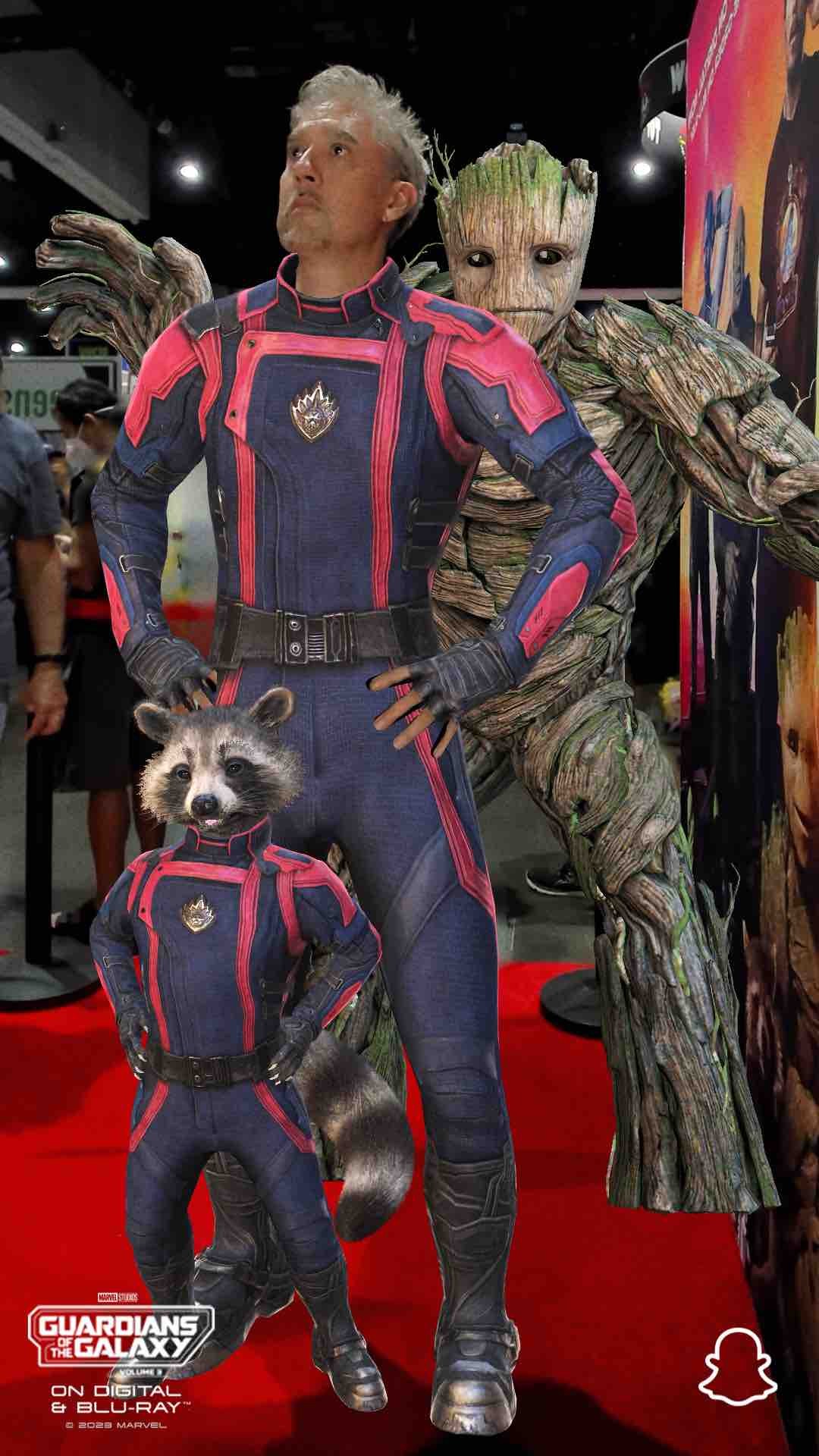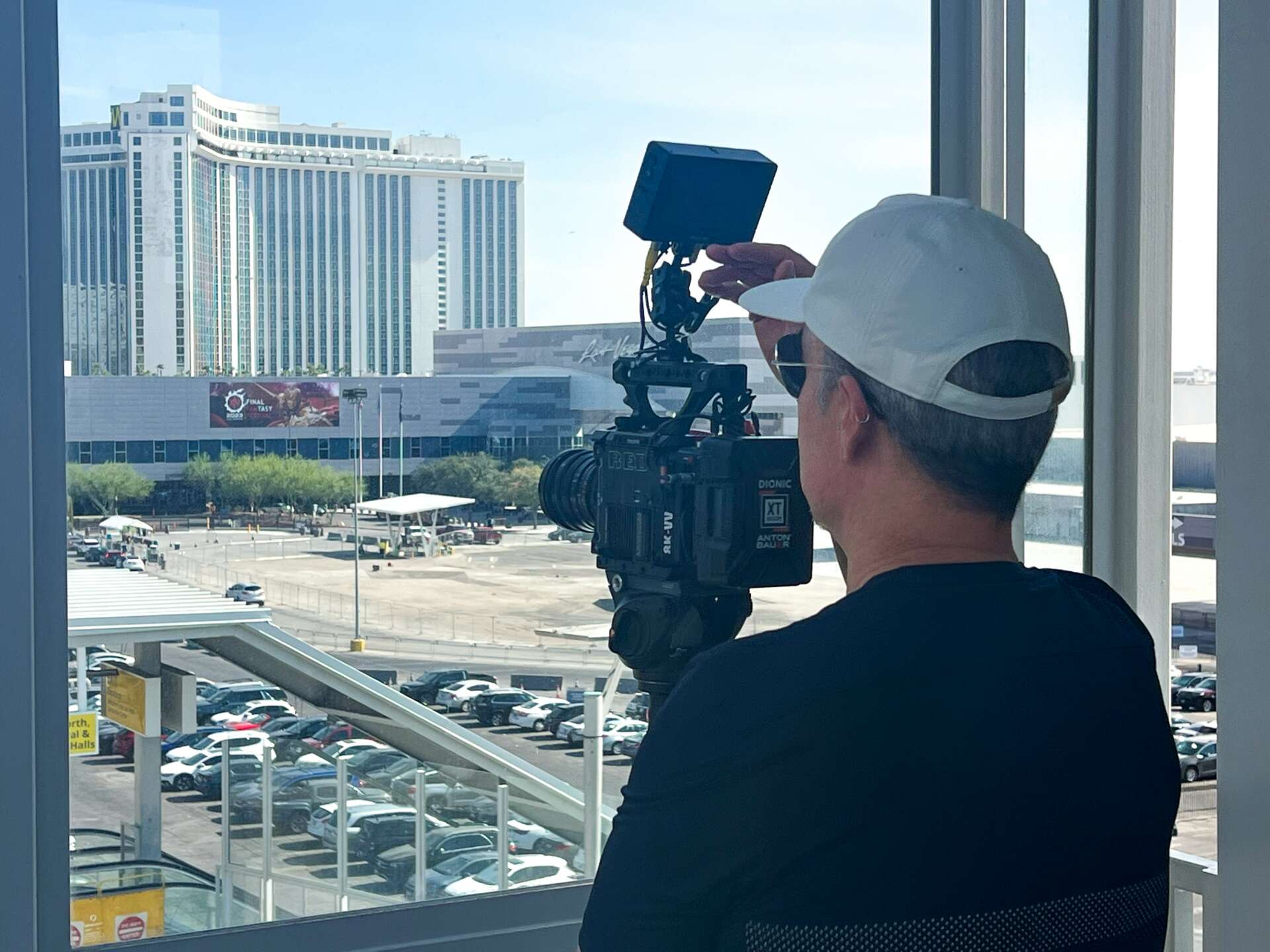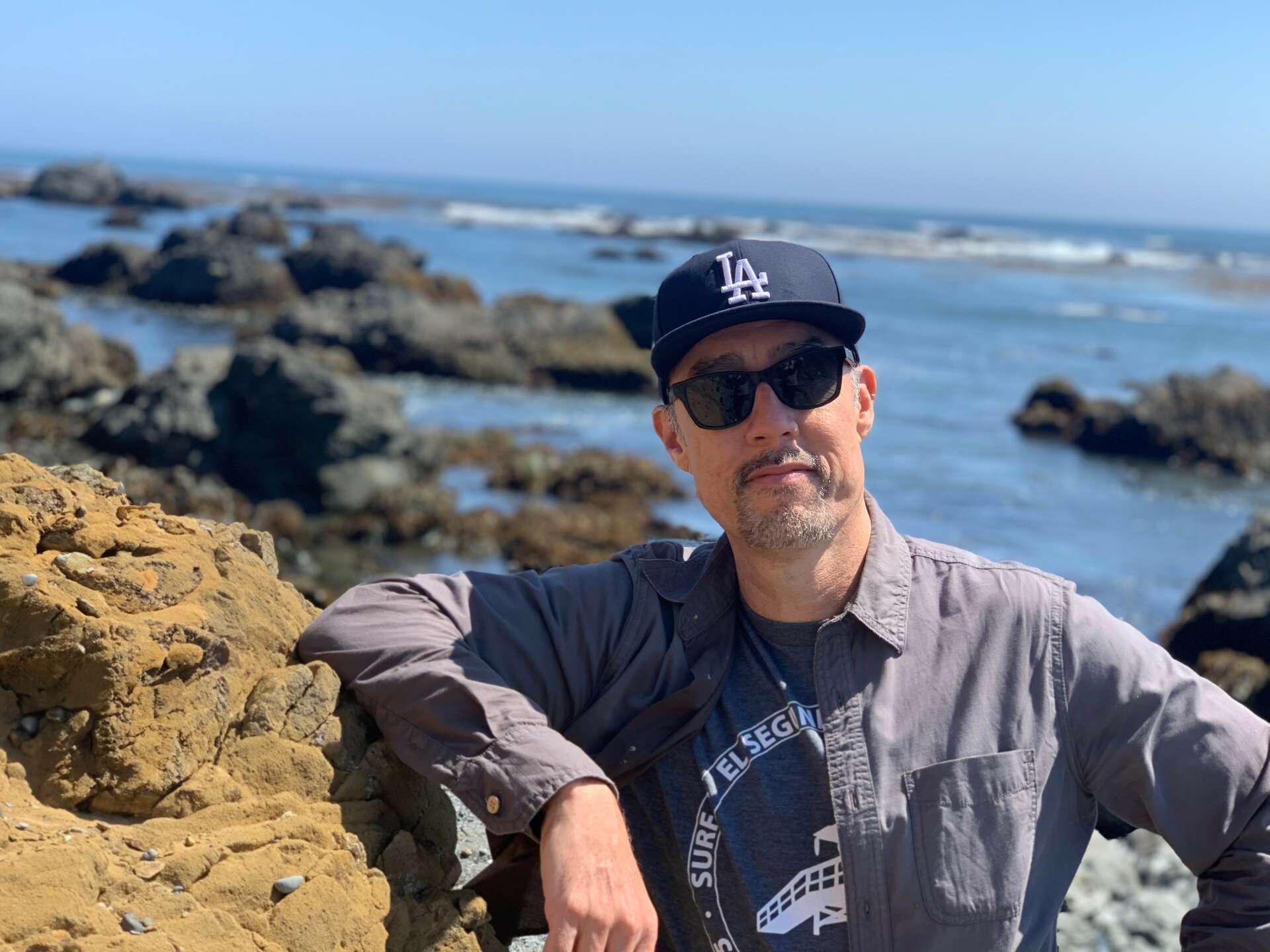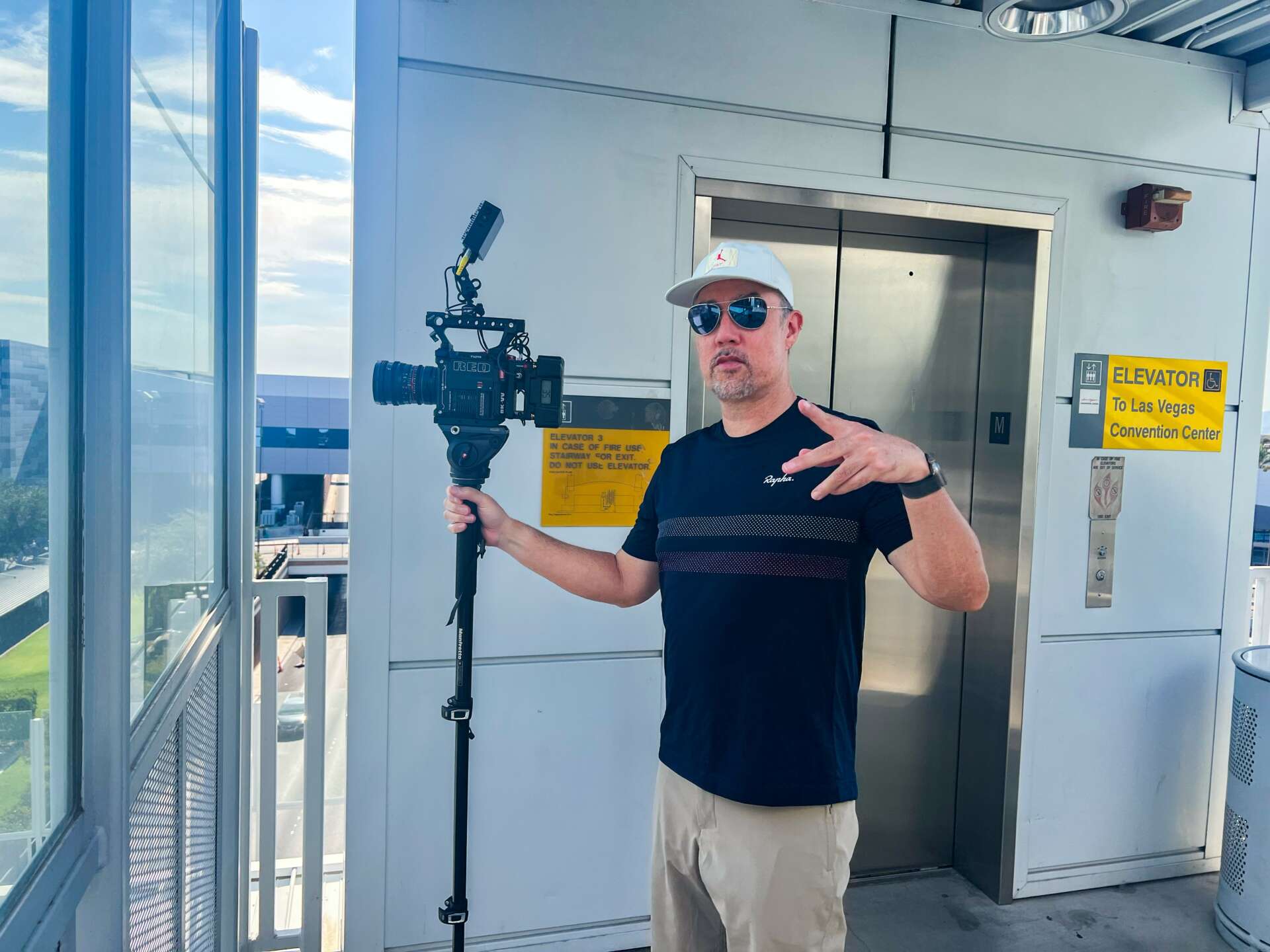Alright – so today we’ve got the honor of introducing you to Chris Hepburn. We think you’ll enjoy our conversation, we’ve shared it below.
Chris , appreciate you joining us today. How did you learn to do what you do? Knowing what you know now, what could you have done to speed up your learning process? What skills do you think were most essential? What obstacles stood in the way of learning more?
I am fully self-taught in all aspects of my career. I have a BA in Literature from the College of Creative Studies program at UCSB, followed by a year spent in Emerson’s MA Writing, Literature, and Publishing Program, as well as a year in San Francisco State’s Interdisciplinary Arts Program. I like to think if you add those 2 years together it’s equal to one Masters. That said, none of these schools directly trained me for what has become a career in video game marketing. I came into the start of my career partially out of need. I was enrolled in the SF State art program where I was teaching myself how to work with digital video on a computer, which in 1995 was quite difficult. I was using these skills to make “video poetry.” It was going fairly well; a lot of the work I had produced by then was in a few minor film festivals. But as a 25-year-old with a 3-year-old and another one on the way, I needed a job. Desperately. I had been offered a job at what was then the biggest post-production house in San Francisco in what was to be their new digital video department. Unfortunately, for me, my future new boss ended up leaving the company so they decided against starting the new department, leaving me in need of a job… again.
Around this time, Full Motion Video games were quite popular within the gaming industry. These were basically live-action videos that were shot then digitized and cut together to make digital versions of choose-your-own adventure-type stories. At that time, I had never ventured into what one might label as “professional” editing, as my efforts were solely dedicated to my personal art projects. However, I had learned Premiere 1.0 and had a working knowledge of all the intricacies associated with importing video into a computer. The company Activision had a few of these games in production at the time such as Spycraft, Zork Nemesis, and Muppet Treasure Island, and was building a team to process the videos. Thankfully, I was able to convince them I had enough experience and started there in the Fall of 1995. At the very least, I believed I had enough experience a passion for problem-solving, and an affinity for technology. The rest of it I was able to learn on the fly and because the technology was constantly evolving, nobody knew that much about it.
And there’s no better place to learn than on the job. Within real-world situations. At this stage of my career, I have encountered nearly every conceivable situation within video game AV marketing campaigns. Over the course of several mini-careers, including roles as an editor, small business owner, producer, senior producer, VP, and CPO, I have continually refined my craft. With each iteration, I’ve learned valuable lessons from both positive and negative experiences, using them to strengthen my skills. I remain receptive to the unique demands and nuances of each role, allowing me to adapt and grow professionally. The most important trait of my job is enjoying getting things done. It’s sort of like playing a game of chess… if the board was a jigsaw puzzle how the pieces moved could change depending on the whims of the other player.

As always, we appreciate you sharing your insights and we’ve got a few more questions for you, but before we get to all of that can you take a minute to introduce yourself and give our readers some of your back background and context?
I’m Chris Hepburn and I run the creative team at Liquid Advertising, a full-service marketing agency. I have 28 years of experience working in the video game space, on the publisher side for the first eight or so years and the agency side for the last two decades. One of Liquid’s greatest strengths is the integration between the media team and the creative department. Helping to define the audience and strategy for a media buy with the client, allows the creative team access and insight into the game several months before any traditional creative agency would be briefed. Then, later in the campaign when we are creating the assets for the media plan, such as trailers, banners, HTML5 ads, and billboards, the handoff between groups is seamless and instantaneous. This is opposed to a lot of other agencies who often over complicate the process of having clients request final versions from a vendor’s account person, then that account person relays the request to the producer, then that producer gives the asset to the account manager, then that account manager gives it to the client who then has to send to the media team. Like I said, it’s overcomplicated and convoluted with a lot of room for error and miscommunications. Since Liquid is integrated, when our clients approve creative assets, the media team already has access to it. Time is always a hurdle in this industry and our goal is to act like an extension of our client’s team to support them in their efforts to launch successful campaigns.
I’d like to think one of the things that sets me apart from some others is my well-rounded experience having been in the gaming industry for decades through all the console cycles since PlayStation 1, both from the Publisher and Agency side. This has given me a level of perspective that you could only comes from having done something for an extended period of time.
Roy Batty said it best, “I’ve seen things you people wouldn’t believe”.
One of my favorite awards of my career was a Golden Trailer in 2013 for best videogame trailer for Tomb Raider. I did most of the capture for that myself and produced as well. Shout out to Chris Hammer (editor) and Lawrence Shu (AP) who were instrumental in that project.

How did you put together the initial capital you needed to start your business?
Prior to starting my own company in 1999, I was working at Activision. Unbeknownst to me, the marketing team was spinning off into a separate agency and as part of the deal, Activision would close its internal creative team that I was running. Since this impending disbandment was a secret to most of the company, my employment contract was still renewed. So a month after my contract renewal, when my boss came to tell me the group was being shut down, I mentioned that less than a month before, my contract was renewed. He got a very confused look on his face and left my office immediately saying he’d get back to me. To add insult to injury, this was in about April and my team was in the thick of producing assets for the upcoming E3 trade show. Anyone who’s worked in game marketing will remember this was one of the busiest times of the year and we had several trailers in production. My boss asked if we would stay and finish up the E3 work and then leave. As a team player and not wanting to leave my coworkers in a bad position, I agreed to stay and work the seven day, eighty hour weeks for the next two months before being fired. My boss finally came back to me and we were able to agree that they would pay me out the remainder of my contract plus I’d keep my stock options and health insurance while they paid me out. I had been on the fence about starting my own company when I left, but with this deal, the worst-case scenario would be making the same amount of money as I did working for Activision, with the added bonus of any earnings from the new company being a second stream of income. The marketing team that was spinning off assumed that by having my group shut down all the production work my team did would go to them as well. Thankfully, it didn’t and I had been working very closely with one team in particular and had already planned out production for all their in game videos with their producers. As I had worked with them for many years, I was able to convince them that I could do all the work we had already planned for, it just wasn’t going to happen in the building. So once I was on my own, I started that project for a “small” game called Tony Hawk’s Pro Skater. And thus, Forward Never Straight Productions was born.

Do you have any stories of times when you almost missed payroll or any other near death experiences for your business?
In the early days of owning my own company, we were in the middle of a project for Activision (our biggest client had just left there the year before) which was going smoothly and I had made plans to go on vacation to Sicily with my family. They were already in Europe at the time so I flew to Rome to meet up with them and travel to Sicily. We made it to Sicily, however, a few days into the trip I got a call from one of the team back in Los Angeles saying our staff editor had basically disappeared. This is a whole other story that I won’t get into here. We were a small shop, four people including myself, and didn’t really use freelancers often so finding a replacement for a job due in a few days was almost impossible. I booked the next flight back to LA and finished the edit myself, on time. I learned many lessons owning my own business and I’ve applied those lessons to all the roles I have had since then. Having that level of commitment to a job or company is only something you learn by being put into those situations and it’s this situational learning that has helped me throughout my career. As I’ve mentioned, my training has been on the job since the beginning, and having an open mind and knowing that there’s always more to learn has served me well.

Contact Info:
- Website: www.liquidadvertisng.com
- Instagram: @h3pburn
- Linkedin: https://www.linkedin.com/in/chris-hepburn18/
Image Credits
John Frost


